TOUCHSCREEN BASED SYSTEM
INTRODUCTION
AIM:
The aim of the project is to design and construction of a module to control the home appliances through touch screen.The project was divided into three phases. The First phase is to demonstrate the application of touch screen home automation. The second phase of the project attempts controlling and display data on Graphic lcd and the third phase of the project is to control the appliances.
Graphics displays are gaining popularity in an increasing range of control and user interface applications in markets such as home automation, home appliance, medical and industrial. Examples include security systems, washing machines, cooking ranges, home blood pressure monitors, point-of-sale terminals, test and measurement units. Graphics displays enhance the user experience and provide detailed information with sharper images. Additionally, graphics displays enable technologies such as touch screen, leading to more effective and efficient interfaces to the applications.A typical graphics LCD system is shown in Figure 1. The system consists of a microcontroller, a LCD controller (digital-control logic, optional graphic accelerator, image buffer, gate driver), and a LCD glass.
The microcontroller normally creates, manipulates and renders graphic elements such as buttons, menus and images. If a graphic accelerator is present in the LCD controller, it provides hardware acceleration to some graphics elements and off-loads the microcontroller for other functions. The digital control logic serves as an image buffer arbiter and an electronic equivalent of picture tube for image display. A graphic LCD solution requires an image buffer to store a minimum of one image frame. Finally, the gate driver converts the digital to analog waveforms and drives the LCD glass. The gate driver is LCD glass dependent and changes based on the glass technology, size and resolution.
In current project a system is designed to control the home appliances on the touch screen and graphics. This project demonstrates how touch screen can be easily interfaced to real world to control operation of complex systems like home automation.Below image shows the block diagram.
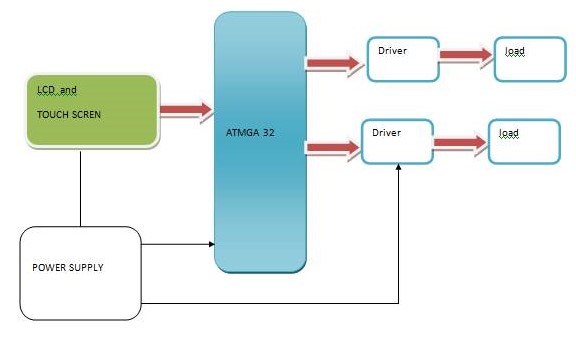
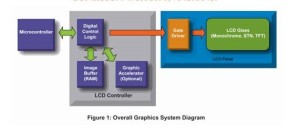
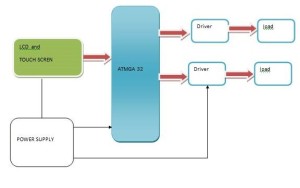

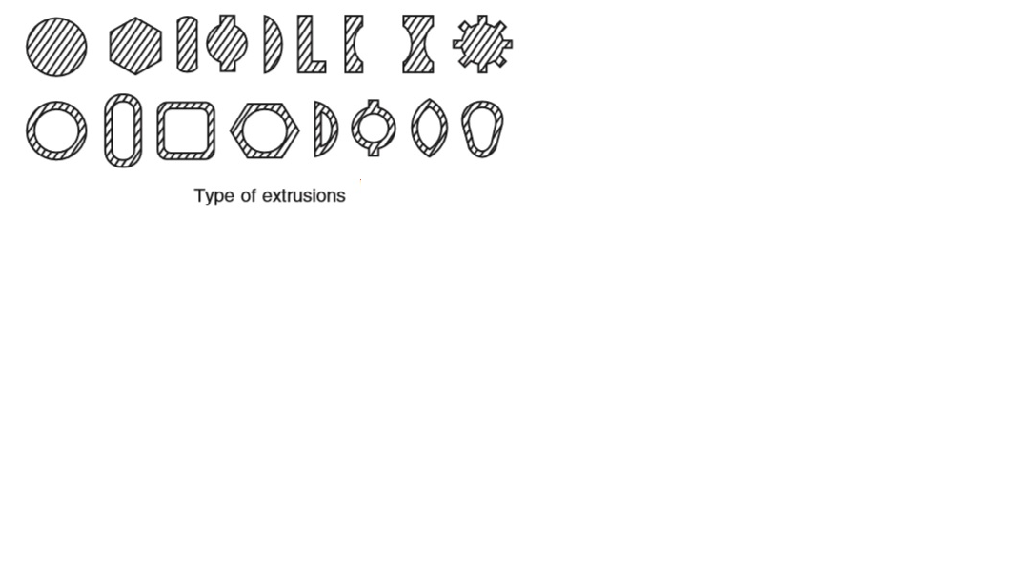

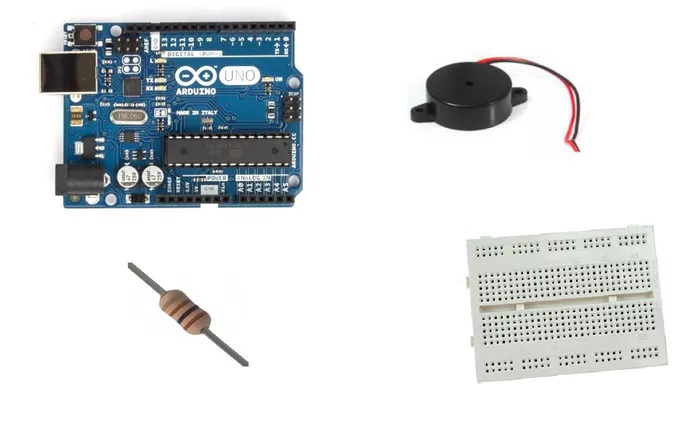
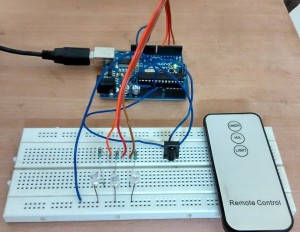

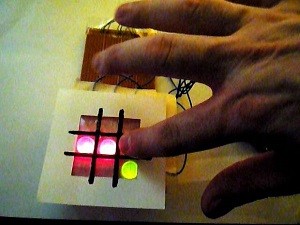
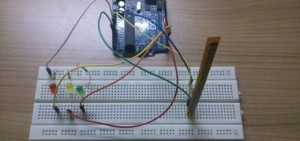
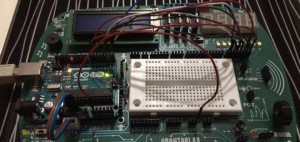
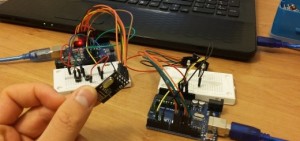
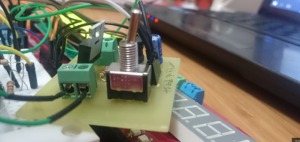
Post Comment
You must be logged in to post a comment.